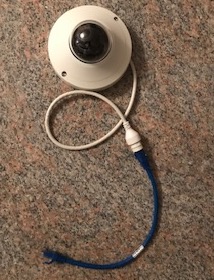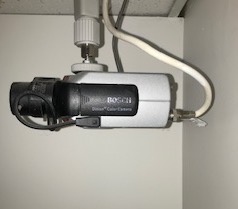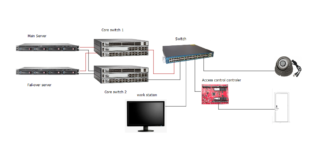
Nowadays in the everything internet era, many institutions are facing the jump to the IP technology. The security systems are not spared from this phenomenon. Especially the migration to IP cameras is part of that challenge.
So, let’s talk the question whether you switch or not from analog to IP cameras
Budgeting is the main reason that keeps many end users in the analog world. Actually, while some institutions are new to the video surveillance realm, many have been users for years. As a result, the switch involves substantial works that requires large budgets.
So, for new users or new sites. The IP technology is to be considered, for the advantages that the IP systems offers. Meanwhile in existing site IP and analog cameras can coexist. Thus, the migration to IP cameras will come gradually. This approach of a gradual migration uses encoders to transform analog images to a digital data.

The security department will determine whether the existing cameras provide the quality required. Some users require analytic functionalities such as tracking motion detection and others need just to watch a specific area.
Read our post on video analytics
Why make the migration to IP system ?
- Image quality
IP cameras offer better image quality with high resolution. That provide more detailed image and larger covered area
- Video analytics
the IP cameras provide several analytic functionalities like motion detections. Heat detection. Facial recognition. Tracking… etc. See more analytic functions
- Save costs
Actually, IP video system is initially highly priced because IP cameras are more expensive, but it saves costs. In fact, an IP system is more scalable. That is to say it is easier to add cameras to the system in the future. In addition, the POE saves cabling and power
IP cameras can receive alarm signals to alert operators
